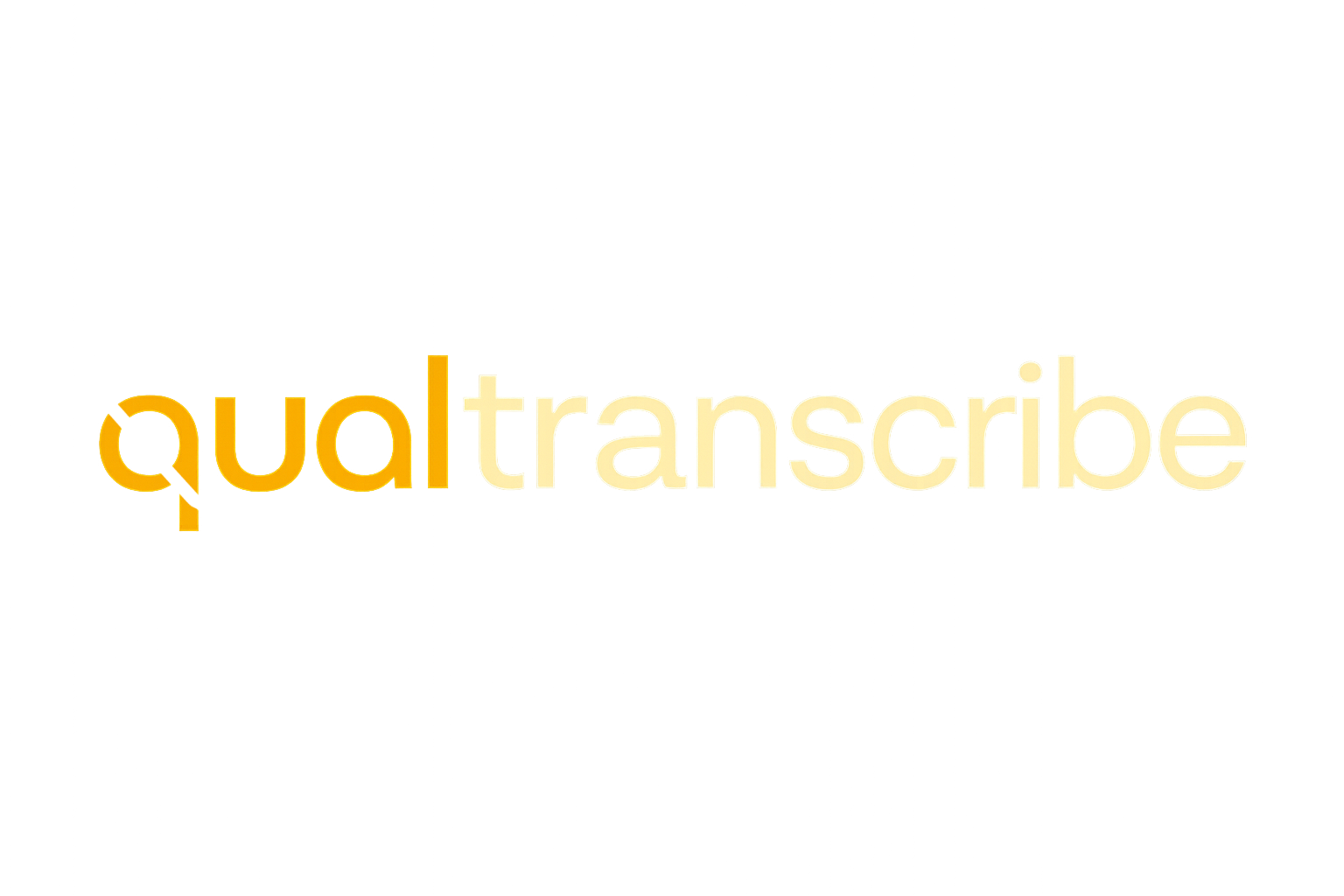Enhancing Pharma and Biotech Research Through Accurate Transcription Services
- Matt West
- Mar 4
- 3 min read
Updated: Apr 10
The pharmaceutical and biotechnology industries are evolving rapidly, driven by groundbreaking research and technological advancements. The competition to develop innovative treatments, enhance patient care, and bring new drugs to market is more intense than ever. Amidst this fast-paced progress, researchers face a significant challenge: managing vast amounts of data from clinical trials, expert interviews, conferences, and focus groups while ensuring accuracy and compliance.
A crucial yet often overlooked solution is professional transcription services. High-quality transcription streamlines research, improves data accessibility, and fosters collaboration across teams. Here’s how transcription services play a vital role in pharma and biotech research.

What is Pharma and Biotech Research Transcription?
Pharma and biotech research transcription involves converting spoken content from meetings, clinical trials, and expert discussions into precise, structured text documents. These transcripts serve as invaluable references, aiding researchers in data analysis, trend detection, and regulatory compliance.
Common transcription methods include:
Verbatim Transcription: Captures every spoken word, including pauses and fillers, preserving the authenticity of discussions.
Intelligent Verbatim Transcription: Omits unnecessary fillers while maintaining the conversation’s integrity.
Summary Transcription: Condenses key points and findings into a structured format for quick reference.
Choosing the right transcription method ensures that critical insights are accurately recorded and easily accessible.
Why Pharma and Biotech Research Needs Transcription Services
1. Ensuring Data Accuracy and Regulatory Compliance
Precision is paramount in pharmaceutical and biotech research. Inaccurate documentation can lead to misinterpretations, regulatory setbacks, and legal risks. Professional transcription services ensure meticulous documentation of interviews, trials, and discussions, reducing errors and improving data integrity.
Regulatory bodies such as the FDA and EMA mandate thorough documentation for drug development and approval. Transcriptions provide clear, auditable records that help research teams comply with stringent industry regulations.
2. Facilitating Collaboration Among Research Teams
Large-scale research projects often involve multiple teams spread across different locations. Transcriptions create a shared reference point, ensuring all stakeholders remain aligned with the latest findings and project developments.
With structured text documents, teams can efficiently review insights, eliminating the need to sift through lengthy audio or video recordings.
3. Streamlining Literature Reviews and Data Analysis
Biotech research heavily depends on past studies, expert insights, and clinical trial data. Manually searching through hours of audio recordings is inefficient. Transcriptions enable quick keyword searches, significantly reducing research time and improving productivity.
Additionally, structured text documents can be integrated into qualitative data analysis tools, aiding deeper insights and pattern recognition.
4. Enhancing Accessibility for Global Research Teams
Pharmaceutical research is an international endeavor, involving experts from diverse linguistic backgrounds. Transcription services, especially when combined with translation, ensure that critical research discussions are accessible to all team members.
Moreover, transcripts can be repurposed for training materials, presentations, and regulatory reports, further enhancing accessibility.

Key Areas Where Transcription Supports Biotech Research
Transcription services play a pivotal role in various aspects of biotech and pharmaceutical research, including:
Clinical Trials: Ensuring accurate documentation of patient interviews, trial observations, and researcher discussions.
Regulatory Submissions: Providing well-structured documentation required for regulatory approval processes.
Market Research: Capturing insights from focus groups, interviews, and surveys to understand market trends.
Conference Proceedings: Documenting presentations and panel discussions for knowledge sharing.
Expert Interviews: Preserving insights from leading scientists, physicians, and industry professionals.
Choosing the Right Transcription Service for Biotech Research
Selecting a transcription provider that understands the unique needs of the pharma and biotech industries is essential. Consider these key factors:
Accuracy and Industry Expertise: The provider should have experience with biotech and pharmaceutical terminology.
Confidentiality and Security: Ensure compliance with data privacy regulations such as HIPAA and GDPR.
Turnaround Time: Opt for a provider that delivers precise transcriptions within required timelines.
Scalability: Choose a service that can accommodate fluctuating project demands.
In the fast-moving world of pharmaceutical and biotech research, every detail matters. Having accurate transcripts can make the difference between a breakthrough and a missed opportunity. By ensuring precise documentation, facilitating seamless collaboration, and supporting compliance, transcription services allow researchers to focus on what truly matters—advancing science and improving lives.
At Qualtranscribe, we understand the critical nature of pharma and biotech research. With expertise in scientific transcription, strict confidentiality measures, and a commitment to accuracy, we provide tailored solutions that help research teams stay ahead. Partner with us to streamline your documentation needs and accelerate your path to discovery.
